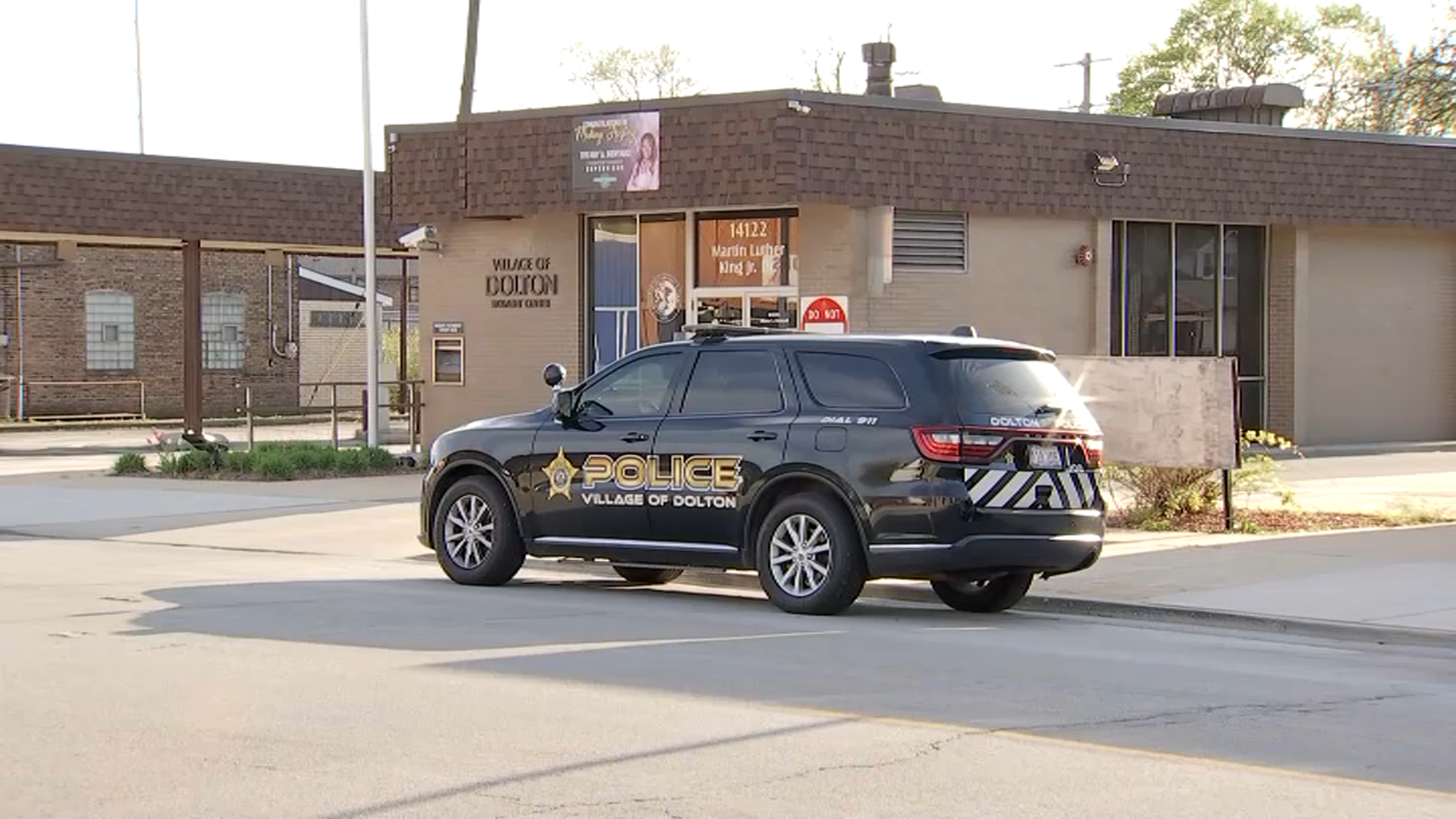Charges against former Illinois Rep. Aaron Schock are set to be dropped in a stunning agreement reached Wednesday with federal prosecutors.
The news came during Schock's first court appearance since the U.S. Supreme Court declined to get involved in his corruption case. Prosecutors agreed to drop all corruption charges if he complies with deferred prosecution, which requires he pay back all money he owes to the Internal Revenue Service and his campaign fund within the next six months.
"I am very pleased this case is concluding. This case has dragged on for more than four years and I am ready to put this behind me and move forward. I have stated consistently and constantly that mistakes were made in the handling of my campaign and congressional offices, and I have acknowledged responsibility for that - but mistakes are not crimes. I have learned from this experience. The outcome validates this case should have never been started in the first place," Schock said in a statement.
He added that he will be "following very carefully the terms of the agreement reached in court."
"I am ready to move forward with my professional and personal life," he said.
A federal judge in Chicago set the hearing for the 37-year-old, who once was a rising star of the Republican Party.
Schock said the agreement is not an admission of guilt, but he could have done a better job administering his office. His campaign entered a guilty plea for failure to keep proper records and agreed to pay a fine of $26,533.
Schock resigned from Congress in 2015 amid scrutiny of his spending, including redecorating his office in the style of the "Downton Abbey" TV series. He was indicted in 2016 on 22 counts, including wire fraud and falsification of election commission filings.
Schock had pleaded not guilty.
Local
His attorneys argued the case should be dismissed, saying his prosecution violated separation-of-powers clauses. The Supreme Court declined last month to consider it.
The case was originally filed in central Illinois. The Justice Department transferred it to prosecutors in Chicago last year.



